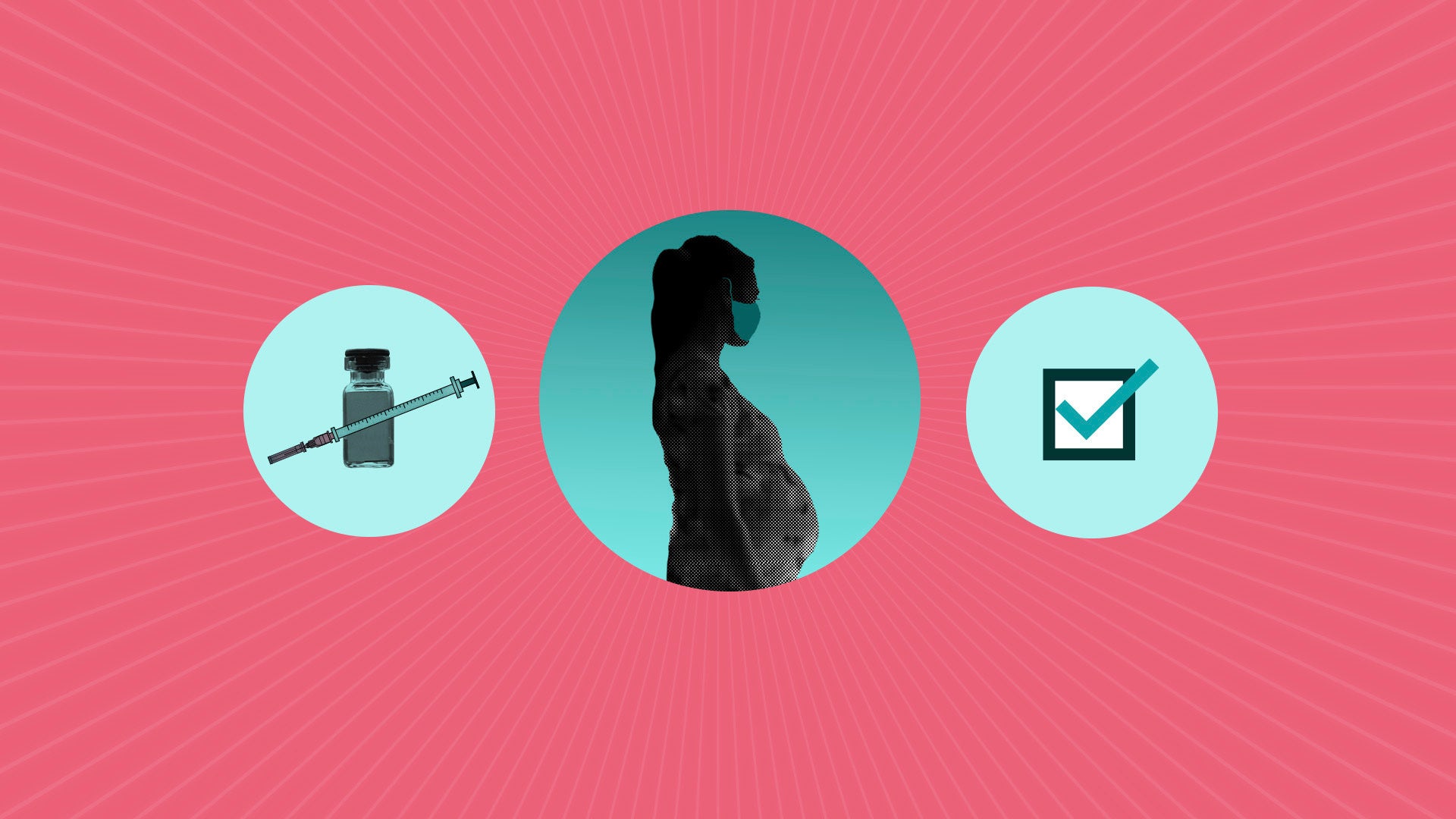Do the COVID-19 vaccines affect my chances of pregnancy?
Medical experts say there’s no evidence that any vaccines, including COVID-19 vaccines, influence your chances of getting pregnant

Do the COVID-19 vaccines affect my chances of pregnancy?
No, there’s no evidence that any vaccines, including COVID-19 vaccines, influence your chances of getting pregnant despite a myth suggesting otherwise.
Medical experts say there’s no biological reason the shots would affect fertility. And real-world evidence offers more assurance for anyone worried about their chances of conceiving: In Pfizer’s study, a similar number of women became pregnant in the group given the vaccine as in the group given dummy shots.
Researchers are starting to study anecdotal reports of short-term changes to periods after the vaccine, but there's no indication so far that the shots put fertility at risk, said Dr. Mary Jane Minkin, a gynecologist and professor at the Yale University School of Medicine.
The Centers for Disease Control and Prevention and obstetrician groups also recommend COVID-19 vaccines for pregnant individuals, who have a higher risk of severe illness if infected with the coronavirus. Research shows pregnant people who get the virus are more likely to be admitted to intensive care, receive invasive ventilation and die than their nonpregnant peers.
The CDC also followed tens of thousands of pregnant women who got the vaccines and found they had comparable pregnancy outcomes to pregnant women before the pandemic.
So whether you are thinking about having a baby, trying to conceive or undergoing fertility treatments, you should not delay vaccination, says Dr. Denise Jamieson, chair of the department of gynecology and obstetrics at Emory University School of Medicine.
___
The AP is answering your questions about the coronavirus in this series. Submit them at: FactCheck@AP.org. Read more here:
Can I get ‘long COVID’ if I’m infected after vaccination?
What should I know about the delta variant?
Do I need to get tested for COVID-19 if I’m vaccinated?
Bookmark popover
Removed from bookmarks